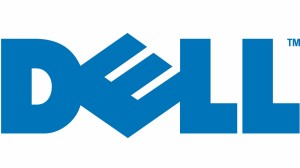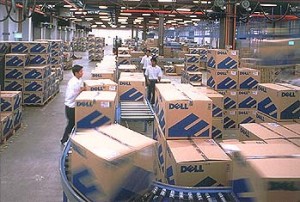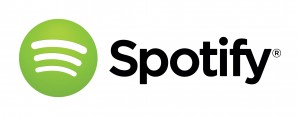In the article of “The Power of Virtual Integration: An Interview with Dell Computer’s Michael Dell”, the author interviewed with the successful business giant, Michael Dell, and pointed out the key to Dell’s success.
Dell’s business model is a combination of efficient supply chain and focused strategy. This model allows Dell to minimize cost, speed time and specialize its customer segments. By eliminating the middleman, Dell could reduce operation cost and accelerate inventory turnover. It also diminished the cost of warehouse storage and extra administration expenses. It assembles computer from parts as all of components arrive. Then the finished computer is shipped directly to the customer’s hand via UPS or FedEx. The entire process is cost efficient and time efficient. Through this virtual integrated supply chain, Dell has created strong relationships with manufacturers, suppliers and customers.
Dell’s success proves its business model of value chain is powerful, and both cost and time efficient. Today’s best practice in supply chain is virtual integration. Virtual integration relies on information technology to improve the value chain of manufacturers, suppliers, and customers. We now have the technology and tools to do so. Virtual integration eliminates the need of physical production, shipment or handling any products as they are outsourced. As a result, a business is able to concentrate on its brand and target market development.
Work Cited:
Magretta, Joan. “The Power of Virtual Integration: An Interview with Dell Computer’s Michael Dell”. 18 March 1998. Harvard Business Review. 10 November 2014.
Image Cited:
http://ch.hothdwallpaper.net/wallpapers/hd/256461/home-1600×900-dell-logo
http://mytechnews.tripod.com/features/20000930dell.htm







